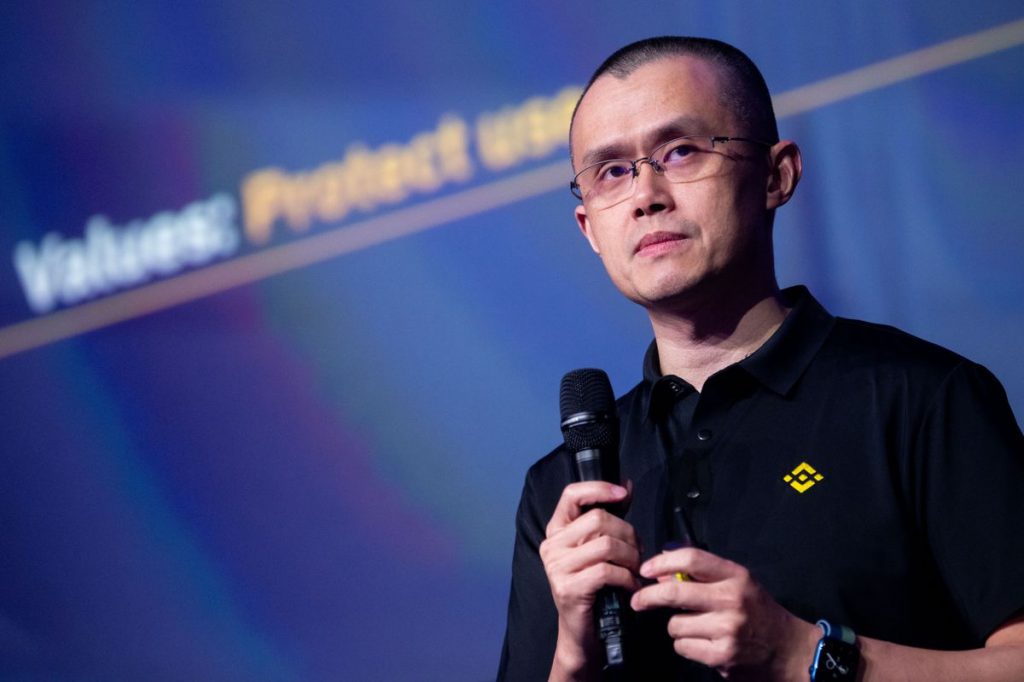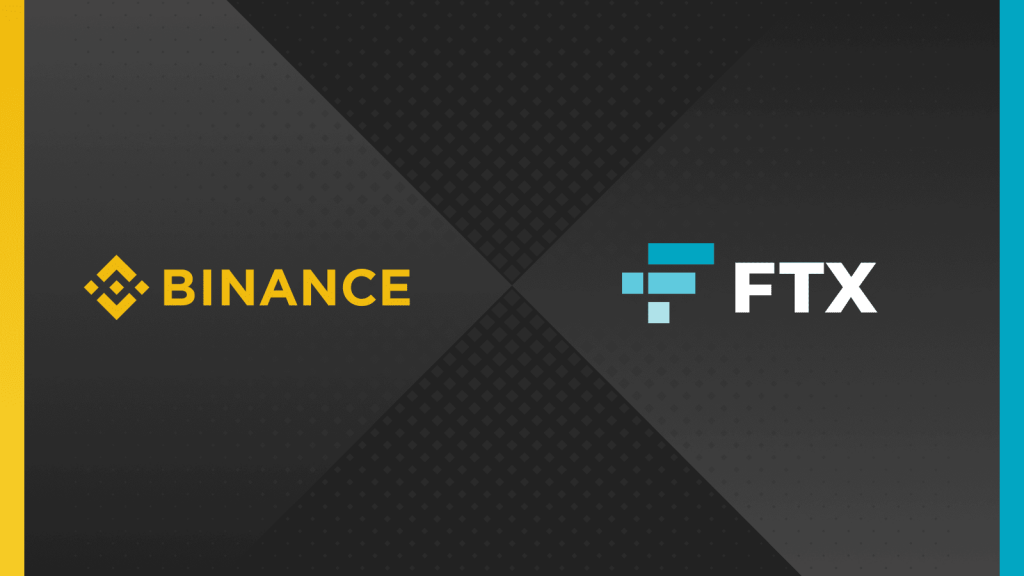In a landmark deal, Binance has agreed to acquire FTX amidst turmoil for the latter. In a recent letter to employees, however, CEO Changpeng Zhao noted that the acquisition is “not a win” for the cryptocurrency industry.
The intertwining cryptocurrency exchange platforms had been a developing story in recent days. By the end of yesterday, Binance had firmly established its dominance in the space, and FTX had looked to them for salvation amidst its liquidity crunch. Yet, the man at the head of the Binance table isn’t quick to label this a victory for the cryptocurrency sphere.
FTX downfall to impact investor confidence?
The Financial Times recently reported that a letter to employees saw Binance CEO Changpeng Zhao insist that the acquisition is “not a win” for crypto. He noted that the deterioration of FTX is certainly not good for confidence in the industry as a whole.
In the memo obtained by Financial Times, Zhao stated, “Regulators will scrutinize exchanges even more. Licenses around the globe will be harder to get.” Throughout the downfall of Sam Bankman-Fried and FTX, Binance was the saving grace it needed, but also possibly played a part in its demise.


The downturn took a rapid twist when Zhao stated that Binance would be liquidating all of their FTT, the FTX native token, on their books. Consequently, this statement raised concerns around the platform. Although the decision was perceived with negative intent, Zhao has insisted that was hardly the case.
Zhao noted, “We did not master plan this or anything related to it. It was less than 24 hours ago that SBF called me. And before that, I had very little knowledge of the internal state of things at FTX.”


Concluding his message to staff following the acquisition, Zhao urged his employees that the work is just beginning. “We must significantly increase our transparency, proof-of-reserves insurance funds, etc. A lot more to come in this area. We have a lot of tough work ahead of us.”





